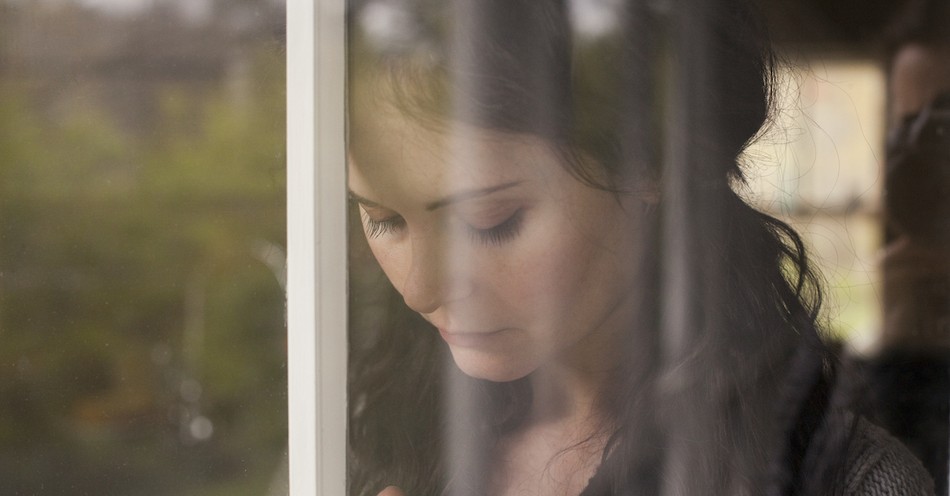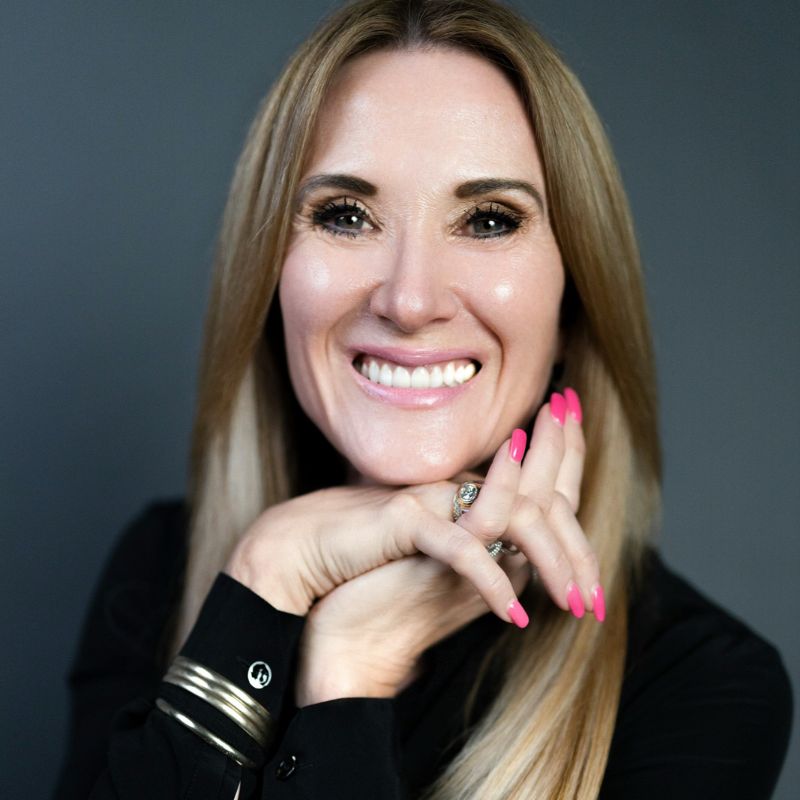
In the early 90s, researchers embarked on a landmark study of over 17,000 individuals and asked them about negative experiences in childhood and their current physical and mental health. They found was that when children are exposed to toxic stress hormones like cortisol and adrenaline, this can have a dramatic impact on their minds, brains and bodies. This study later became known as the Adverse Childhood Experiences or ACE study.
Adverse Childhood Experiences (ACEs) are traumatic events that children may be exposed to while growing up that include abuse, neglect, domestic violence, substance misuse or mental illness. Long-term exposure to childhood trauma has been linked to everything from heart disease and diabetes to alcoholism, depression, and suicide.
While there is no denying the reality and impact of adverse childhood experiences on our mental and physical health, just focusing just on the negative alone, or the bad that happened to us, may actually slow the process of our healing down. Research on the mind-brain-body network shows that an overly negative focus without balancing with the positive can distort our perceptions and potentially hamstring our ability to work through what we have gone through in a way that doesn’t keep us trapped in the past.
Why? The mind-brain-body network is all about balance, and restoring balance when it is upset. Focusing only on the negative will add to an already overloaded amount of toxic stress from the adverse experience. This is why it is important that while we do the work to find the root causes of our distress and process and reconceptualize what has happened to us, we also make sure we have some positive, balancing checkpoints in place on our healing journey or we risk the danger of getting stuck in a cycle of pain and victimhood.
In fact, there is exciting research that shows that positive childhood experiences (PCEs) can actually help buffer against the negative health effects caused by exposure to ACEs. PCEs can also promote healing and recovery through activating our resilience. This shows that all of a child’s experiences—positive and negative—matter, so we shouldn’t just be considering the bad of what has happened to us but also the good, and how all these experiences affect our mental health as adults. Some research even shows that people with some exposure to ACEs, if they reported 3 to 5 positive childhood experiences, had 50% lower odds of adulthood depression or poor mental health, and those who reported 6 to 7 PCE’s had a 72% lower chance of adult mental health challenges. These findings demonstrate that positive childhood experiences can have a cumulative effect on life-long mental health outcomes, and play an important role in our healing.
Although we definitely need to work on what we experienced growing up, at the same time we need to leave room for the positive, and a great way to do this is what I call the “3:1 thought ratio”. This is one technique I often use this to balance myself, and find it extremely helpful when things seem overwhelming. All you have to do is to intentionally focus on the positive to balance out the negative in a 3:1 ratio. And this can be used for any negative situation, not just for ACEs. For every negative thought that comes to mind, along with its emotions, behaviors, and perspectives, counter it with three positive thoughts. This will help to maintain a balance in energy (quantum) waves in the brain so you can think clearly, build your resilience, and rewire healthy thought patterns!
When you practice the 3:1 ratio, this means that each time you have a negative thought, you don't suppress it, but rather use it as a prompt to think of three positive childhood experiences. This doesn’t mean you are ignoring what has happened to you; rather, you are maintaining the balance of your mind, brain and body so that you can heal what has happened to you rather than remaining trapped in the past. You are essentially using the negative thought as a habit loop trigger to help you recognize what to change WHILE “padding” or mitigating the effects this negative event has on your overall wellbeing. This is not swapping the negative for the positive. It is using the positive to help us face and overcome the negative.
For more on managing the effect adverse childhood experiences have on your health and wellbeing, listen to my podcast (episode #590). If you enjoy listening to my podcast, please consider leaving a 5-star review and subscribing. And keep sharing episodes with friends and family and on social media. (Don’t forget to tag me so I can see your posts!).
Originally published by Dr. Caroline Leaf. Used with permission.
Do you have a story of healing to share? Comment and share your thoughts and testimony at Crosswalk Forums! Click HERE.
Photo Credit: ©GettyImages/ Erica Shires




